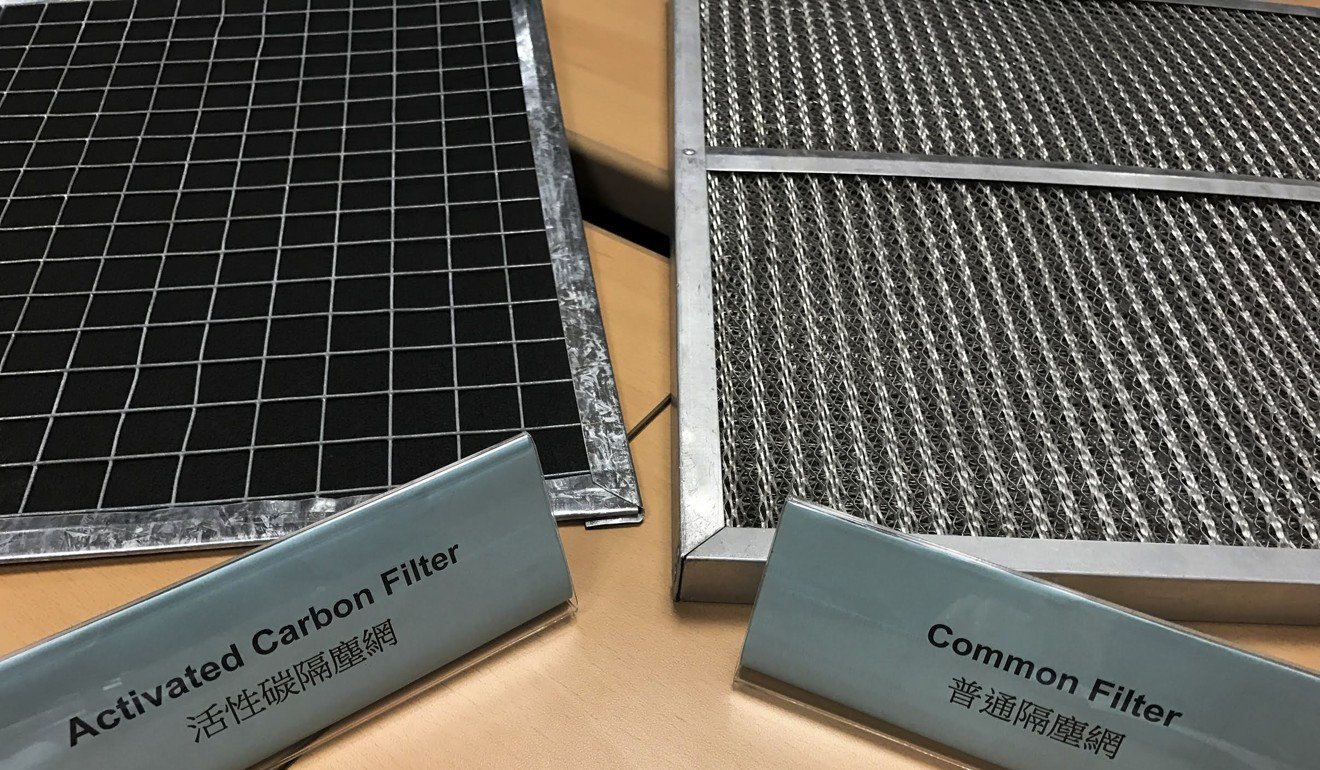
Shed skin to blame for unpleasant odour from air conditioners, Hong Kong researchers find
Finer filters said to be effective in blocking flakes from entering units
People – namely their shed skin – are to blame for the unpleasant odour emanating from air conditioners. But before this tidbit makes your flesh crawl, know that finer filters on the units can prevent the phenomenon, according to a local study released on Wednesday.
Hong Kong Baptist University researchers found that even air conditioners free from dust can harbour bacteria inside them. When the bacteria consume and degrade nutrients in human skin flakes, they release a urine-like odour.
To eliminate the smell effectively, air conditioner filters should be replaced with finer ones that can block particles measuring as little as 10 microns in diameter, so that skin flakes cannot enter the system, according to Lai Ka-man, the lead researcher and a biology professor at the university.

“The size of skin squames is generally larger than 10 microns,” she said of shed human scales. “If you smell a urine-like odour coming from the air conditioner, replacing the filter is the simplest solution.”
Humans naturally shed millions of dead skin cells every day.
If you smell a urine-like odour coming from the air conditioner, replacing the filter is the simplest solution
Lai said this was the first study in the world to reveal the relationship between human skin and bad odour in air conditioning systems.
Previous studies indicated dust and dirt could lead to musty and sour odours from air conditioners but failed to explain the origin of the scent and other human smells, Lai said.
To examine the effectiveness of her solution, the biologist replaced the filter in one air conditioning unit at a university building. Although the new filter cost HK$1,500 (US$192) and could not be reused after washing, no bad odour was detected a year after the installation. In comparison, the school traditionally cleaned its air conditioners with water once every two months at a cost of HK$2,000 each time, yet complaints of the urine odour persisted.
The study, carried out from 2015 to 2017, found a group of bacteria commonly existed in air conditioning systems. The bacteria decompose nutrients in skin flakes such as protein, lipids and fatty acids, and generate gases including ammonium, which gives rise to the urine-like odour as well as volatile fatty acids linked to other body odour.
Smarter air-con use urged as poll shows one in three Hongkongers wakes up at night because of cold
Bacteria exist naturally in our living environment, and can be brought into air conditioners by floating skin flakes. As water condenses in the cold environment inside the units, the wetness creates a hotbed for the bacteria.
The researchers investigated and compared 10 microbial samples from air conditioning systems both with and without such an odour.
Lai said that although the smell did not cause harm to the human body, it could affect one’s mental health. People should pay close attention to air quality indoors as many spend over 70 per cent of their time there, she added.

